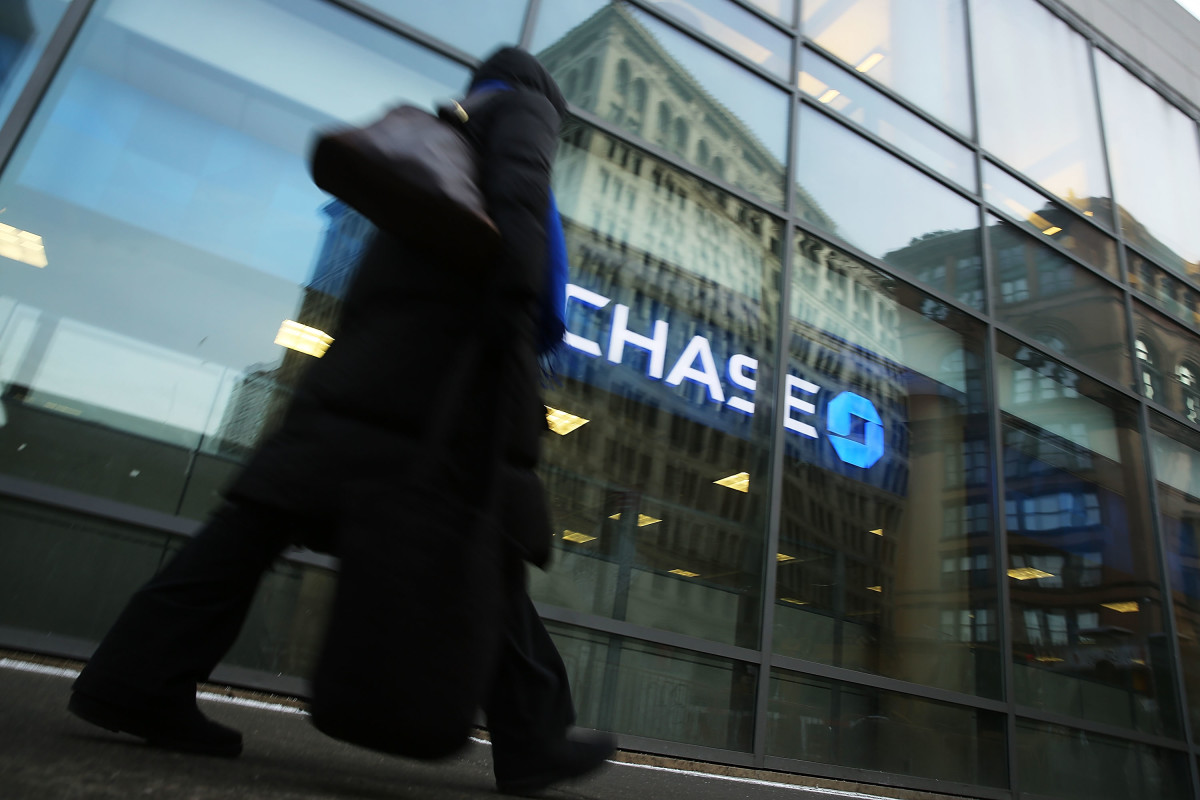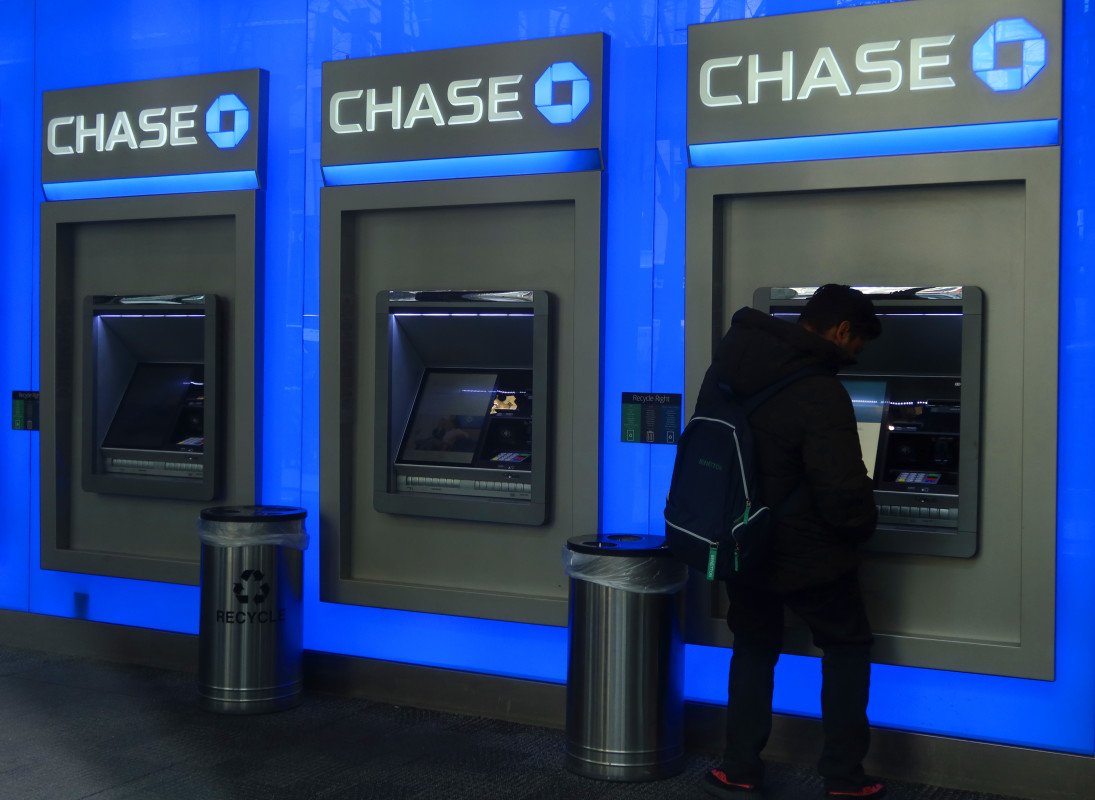
JPMorgan Chase Bank (JPM) recently revealed that it is reversing course on allowing its customers a convenient privilege that holds the risk of wreaking havoc on their finances, but the move may be more calculated than what it appears to be at first glance.
As a growing number of consumers opt to use buy now pay later (BNPL) loans to make purchases, Chase has recently been warning customers that it is banning its credit cards from being used to chop off BNPL balances.
Related: Feds reveal a major bank illegally charged customers extra fees
According to a recent Reddit post, a Chase customer revealed a notice they received from the bank on their credit card statement, which detailed that the change is set to take place in early October.
“Effective October 10, 2024, you will not be able to use Chase credit cards to pay for third-party Buy Now Pay Later ("BNPL") installment plans. Payments to these installment plans (e.g., Klarna, AfterPay, etc.) using your Chase credit card will be declined. If your Chase credit card is used for any of these recurring BNPL plans, please update the payment method with your BNPL provider to avoid any missed payments or late fees (if applicable).”
The notice comes at a time when consumers are racking up debt due to BNPL. According to a recent survey from Bloomberg News, which was conducted by Harris Poll, 43% of people who took out BNPL loans said that they were behind on payments, and 28% said that the loans caused them to be delinquent on other debt.

Chase to profit from "calculated" decision
While Chase's move appears to be solely beneficial for customers, as it shields them from accumulating both credit card and BNPL debt, Chase will also significantly profit from it. Chase blocking credit card payments to third-party BNPL services will quietly nudge consumers to use its own.
"Chase's decision to stop allowing its credit cards for third-party BNPL platforms like Klarna and AfterPay is a smart, although calculated, move,” said Cassandra Happe, communications manager at WalletHub. “Effective October 10, 2024, this change is clearly designed to steer customers towards Chase's own BNPL service, Chase Pay Over Time. By doing this, Chase not only captures all transaction fees and interest but also gains better control over customer data and spending behaviors. This data is invaluable for tailoring financial products and services, ultimately strengthening Chase's competitive edge.”
Chase isn’t the first bank to ban its credit cards from being used to pay off BNPL balances. In 2020, Capital One also made the same decision, citing that using credit cards to pay off those balances was “risky” for both customers and banks.

Happe expects other banks to soon follow in Chase and Capital One’s footsteps due to a new strategy in the banking industry.
“This move by Chase reflects a broader industry trend where banks prioritize their own financial products over third-party options,” said Happe. “We can expect other institutions to follow suit. In the end, this strategy is about maximizing revenue and control within the rapidly growing BNPL market, and Chase is leading the charge."
Alternatives to paying off BNPL balances with credit cards
Even though removing credit cards as an option to pay off BNPL balances may be inconvenient for some consumers, there are other, more safer options that can be explored for making payments.
Happe first encourages consumers to update their budgets and cut out unnecessary expenses to free up any extra funds that can be used to pay off debt. She also suggests communicating with BNPL services to avoid falling behind on payments.
“Many BNPL providers offer options to adjust or extend payment due dates, providing much-needed flexibility and helping avoid late fees,” said Happe. “Communicating directly with BNPL lenders can also be beneficial, especially in cases of financial hardship. Companies like Affirm have hardship policies that may offer temporary relief or adjusted payment plans tailored to individual needs.”
More Investing:
- Goldman Sachs on 'correction watch' as stocks track CPI, Powell shift
- Why The Recession Never Really Hit -- And What Indicates That It Still Could
- This major airline has been quietly preparing to go public in the US
Happe also claims that consumers with good credit can use a 0% introductory APR balance transfer credit card to manage BNPL debt without accruing interest. She also said that personal loans can be another beneficial option.
“Personal loans can consolidate multiple debts into a single, fixed monthly payment at potentially lower interest rates, offering a structured approach to debt management,” said Happe. “However, it’s crucial to compare the interest rates and fees of personal loans against the terms of BNPL plans to ensure this strategy provides financial savings.”
Atomic Invest CEO David Dindi claims that consumers who have investments can also use a few common trading and investing loans to pay off BNPL balances.
“Another way to pay down buy now pay later loans for those that might have investments is through a margin loan or a non purpose loan,” said Dindi. “Interest rates are much lower than credit card loans (6-7%). It doesn’t affect one’s credit score, and there is no repayment pressure provided one keeps the loan to equity ratio at a reasonable place."
Related: Veteran fund manager picks favorite stocks for 2024







